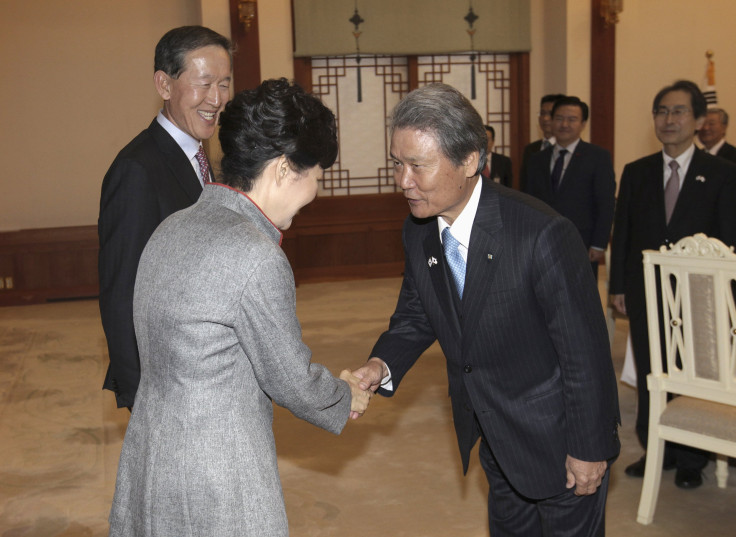Japan And South Korea Resume Joint Investigation After Three Years To Examine Wartime Remains

Japan and South Korea have agreed to resume a joint investigation of wartime remains after previous efforts were suspended three years ago. “The joint investigation will be held early next year following Japan’s proposal, which was made after Japan found 12 sets of remains in Iwate prefecture on Nov. 19,” said South Korea’s foreign ministry’s spokesman Noh Kwang-il during a press briefing.
Officials from both countries will jointly investigate 16 sets of remains at a temple in Iwate prefecture to determine whether they were South Korean civilians who were brought to Japan for forced labor during Japan’s colonial occupation of the Korean Peninsula. Japanese news site Kyodo News reports that South Korean media has said the investigation could begin as early as next month, but Noh gave no further information regarding when the inquest would begin. If the remains are found to be of South Korean origin, they will be sent back to South Korea.
Japanese newspaper Asahi Shimbun reports that a commission, loosely translated to “Japanese Colonial Period Forced Labor Damage Assessment and Repatriation Commission,” was set up in 2005 and has been investigating the Korean Peninsula since. Based on information from the South Korean government, 2,743 South Korean remains are in about 340 locations, and about 1,000 people have been identified. The Japanese government agreed in 2004 to return South Korean remains to South Korea.
According to the Japan Times, the last time there was a joint probe into wartime remains was in 2011, and it was suspended due to a strained bilateral relationship. Korean news outlet KBS World Radio reported that the Japanese government proposed resuming the suspended joint investigation efforts last month.
Woo Jung-yeop, director of the Asan Institute of Policy Studies' Washington, D.C., office, thinks that this announcement might not necessarily be a great contribution toward improving Japan-South Korean bilateral ties. He said that it is not as though investigations were completely stopped three years ago when the joint probe was suspended, because Japan was still doing the investigation on its own. In fact, Woo added, he believes that it was more likely a mere lack of progress at the time that led to a mutual agreement to suspend the investigation. “Any time the two countries work together is a good thing, of course,” said Woo, “but the resumption of investigations is a separate issue from the main problems that are plaguing relations between Korea and Japan.”
© Copyright IBTimes 2024. All rights reserved.






















